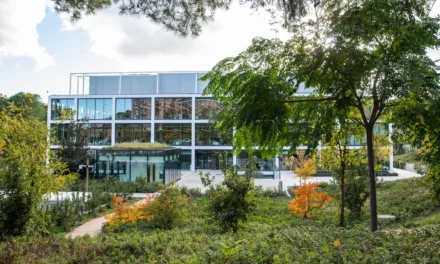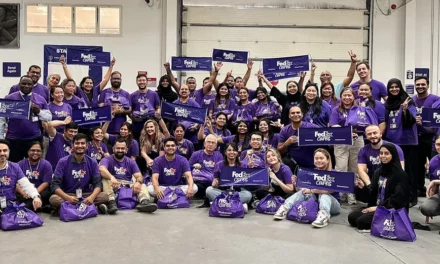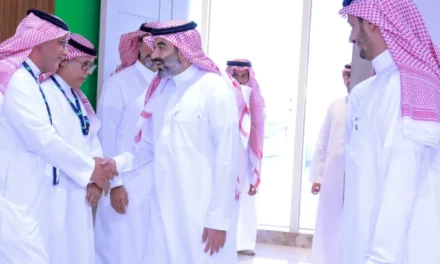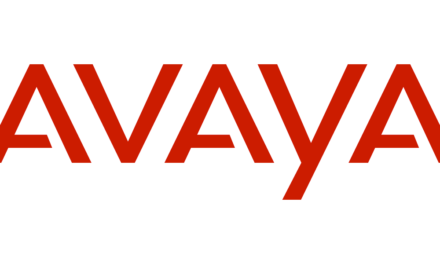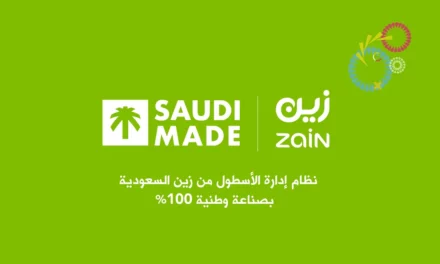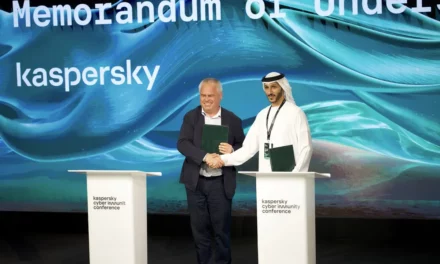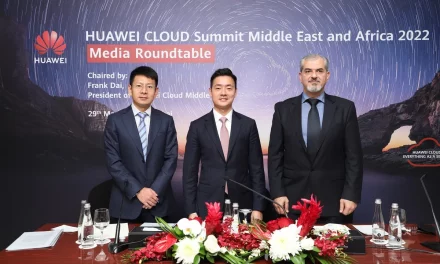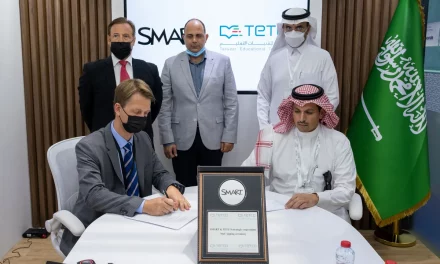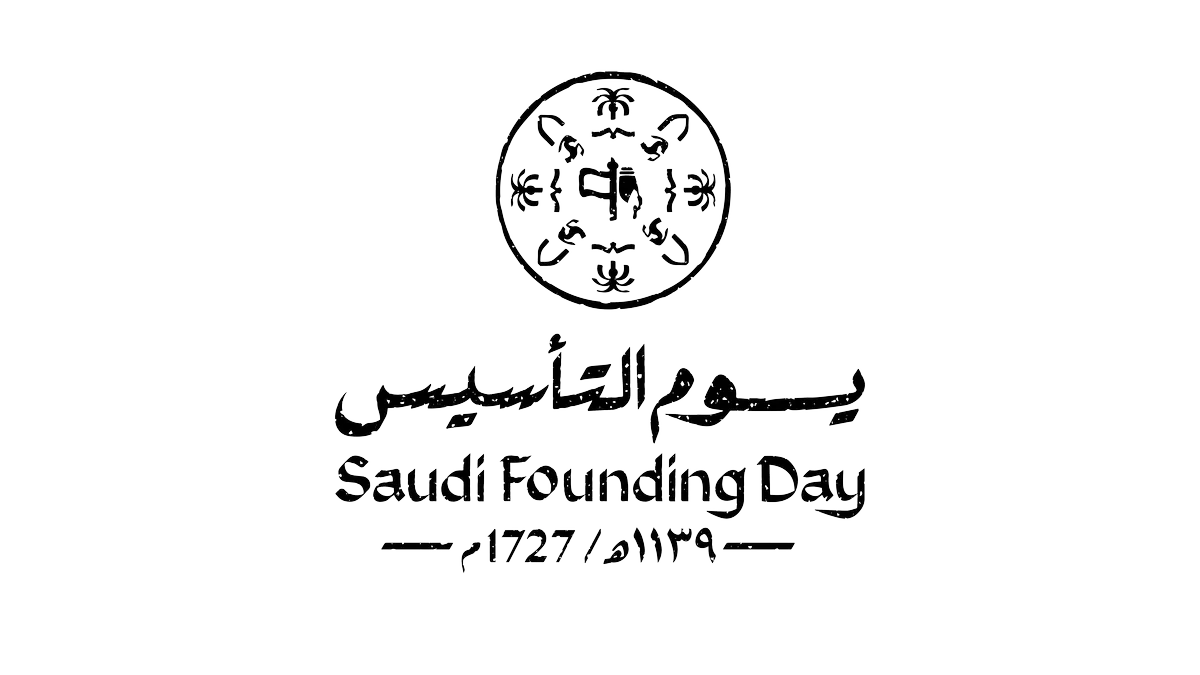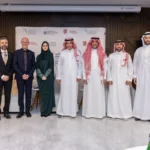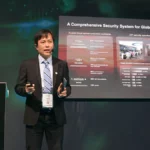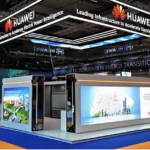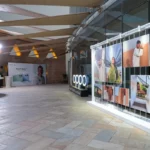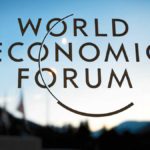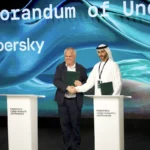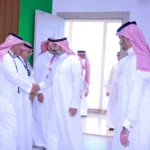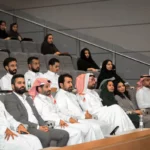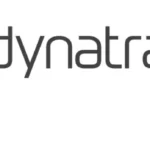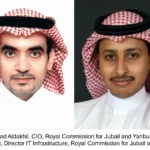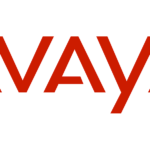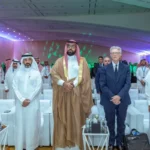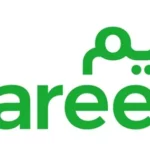
Middle East teams triumph at Huawei ICT Competition Global Finals
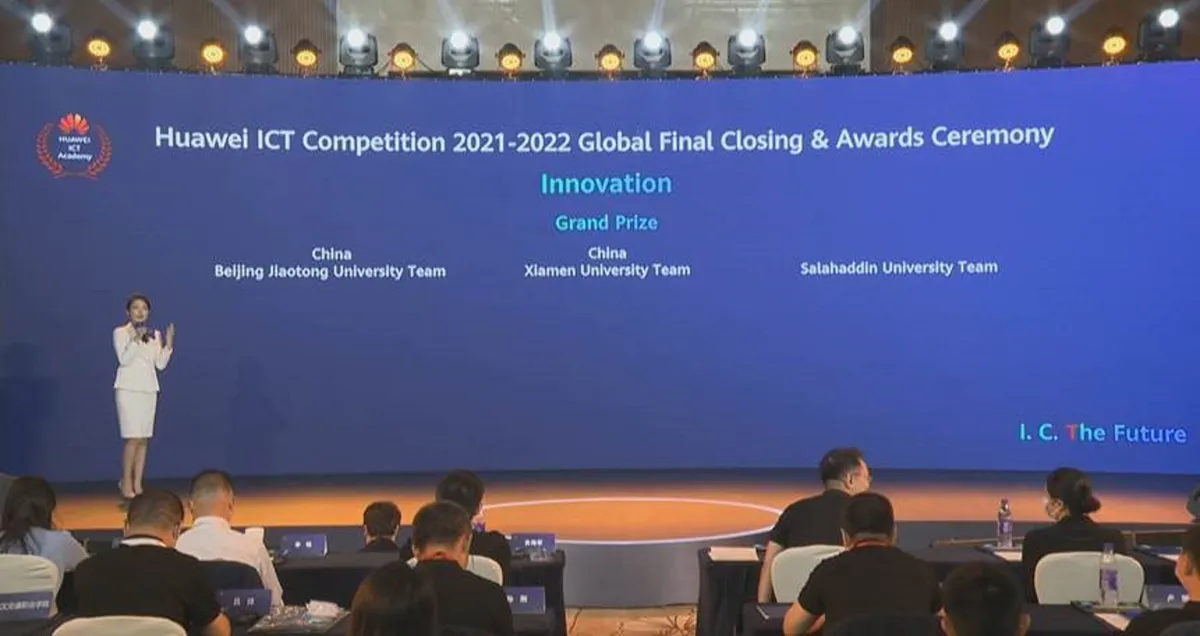
- The winning team from Salahaddin University in Iraq showcased a mobile app that uses audio, vibration and visual cues to help deaf, blind and deaf-blind people communicate with each other and others
- Other teams from Saudi Arabia, Lebanon, Jordan, and Pakistan also excelled in the competition
Middle East, July 27, 2022, Regional teams performed with distinction in the Huawei ICT Competition Global Finals 2021-2022 held in Shenzhen, China. The Competition’s sixth edition attracted 150,000 students from more than 2000 universities in 85 countries and regions worldwide, competing in three categories: Practice, Innovation and Industry.
A team from Salahaddin University in Iraq beat teams from all over the world to win the Innovation Competition Grand Prize. The group, comprised of Rwaid Luqa Hanna, Nyaz Irfan Mustafa, Steven Sliwa Matti and supervised by Ms. Silva Hekmet Matti, developed a mobile app to serve deaf, blind and deaf-blind people. The application uses audio, vibration and visual cues to help them communicate with each other and with others. The Iraq team also took the Tech4all Digital Inclusion Award, part of Huawei’s long-term digital inclusion initiative for using technology, applications and skills to empower people and organizations everywhere.
The second and third prizes in the Innovation Competition went to Pakistan with teams from Lahore University of Management Sciences (LUMS) and the National University of Science & Technology (NUST), respectively.
The Practice Competition saw teams from Iraq and Pakistan take the First Prize, together with other global teams. The Second Prize went to a Lebanese team and another Iraq team, joining other teams from around the globe. Meanwhile, Pakistani, Jordanian and Saudi teams won the Third Prize.
Peter Wells, Chief of UNESCO’s Section for Higher Education, spoke at the event via a video link, praising the competition’s ability to give students worldwide free access to educational courses and study materials as part of their preparation for the competition. He expressed hope that UNESCO and Huawei will continue working together to improve the digital skills and technological literacy of global talent, promote balanced and equitable development across regions, and bridge the global digital divide.
Steven Yi, Huawei Middle East President, said, “We congratulate all the teams from the region who performed admirably well in this year’s competition, especially Salahaddin University team, for taking home the Grand Prize in the Innovation Competition. Middle East entries were of very high quality this year, demonstrating the region’s growing ICT competencies. We will continue building education, industry, and public talent ecosystems by establishing talent alliances, integrating talent standards, improving talent capabilities, and demonstrating talent value.”
This year’s participants were also the first to compete for a new series of Women In Tech Awards which have been designed to honor the outstanding talent displayed by the young women contestants in the Competition. Huawei has been committed to supporting women with more opportunities and access to the education and training needed to improve their ICT skills and promote gender equality across the industry.
Huawei hosts the ICT Competition annually to provide students with a platform to compete and exchange ideas, enhance their ICT knowledge and practical skills, and foster their innovation capabilities by using new technologies and platforms. After making it through the national and regional competitions, teams from all over the world faced off in the largest global finals yet.
The Huawei ICT Competition is one of several CSR initiatives by Huawei to nurture talent for Middle East youth. Together with the Huawei ICT Academy, the Huawei Innovation Competition, Seeds for the Future program, joint university labs, and other initiatives, thousands of young people in the region benefit from an advanced skills development pipeline every year, equipping them with the necessary skills to lead digital transformation and development efforts within their country.


